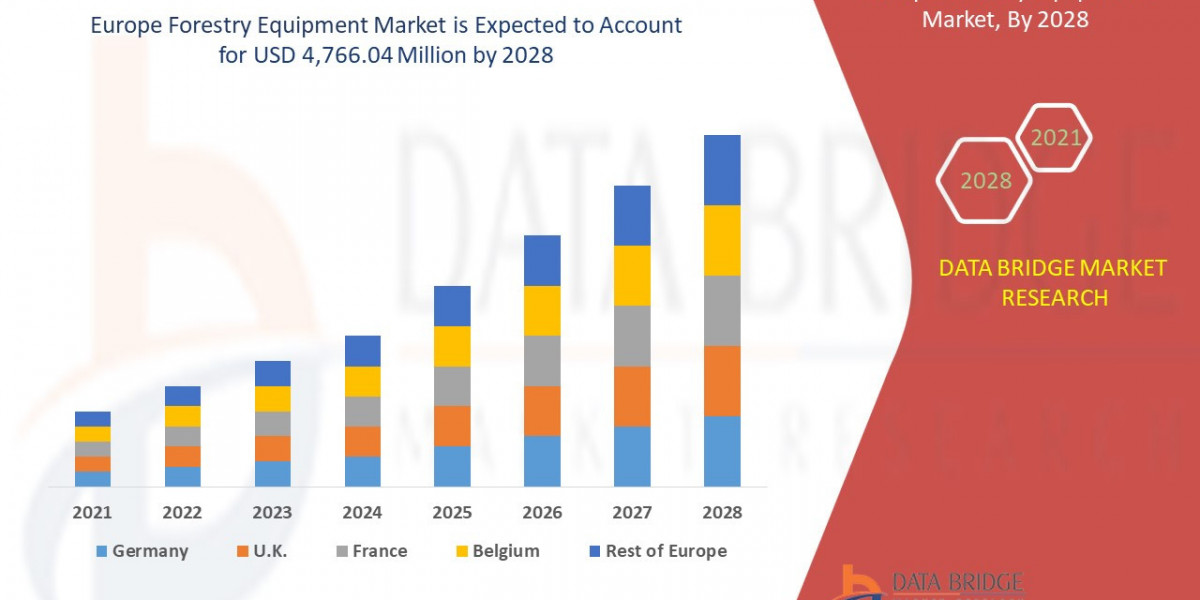In today’s digital age, online business research has become an indispensable tool for entrepreneurs, marketers, and established companies alike. The vastness of the internet provides a wealth of information that can be used to assess market conditions, understand consumer behavior, and gather competitive intelligence. This article will delve into various aspects of online business research, including its types, methodologies, tools, and best practices.
Understanding Online Business Research
Online business research refers to the systematic gathering of data and information from online sources with the intention of making informed business decisions. It encompasses a range of activities – from analyzing trends and surveying potential market segments to studying competitors and evaluating customer feedback.
Types of Online Business Research
There are several distinct types of online business research, each serving a unique purpose. Some of the most common include:
Market Research: Understanding market dynamics, customer preferences, and competitor strategies.
Product Research: Analyzing consumer feedback, trends, and the competitive landscape for a specific product or service.
Competitive Analysis: Assessing competitors’ strengths, weaknesses, strategies, and market positioning.
Consumer Behavior Analysis: Studying consumer preferences, purchasing patterns, and online behavior to inform marketing strategies.
Trend Analysis: Identifying emerging trends and shifts in consumer demands and technological advancements.
Methodologies in Online Business Research
The success of online business research hinges on employing effective methodologies. Here are a few prevalent approaches:
Surveys and Questionnaires: Utilizing online survey tools to gather data directly from target audiences.
Social Media Analysis: Monitoring social media platforms for customer sentiment, engagement, and brand mentions.
Web Analytics: Using tools like Google Analytics to collect data on website traffic, user behavior, and conversion rates.
Keyword Research: Investigating popular keywords used by consumers to find relevant information or products.
Competitor Benchmarking: Evaluating competitors' online presence, including website performance and social media engagement.
Tools for Online Business Research
A wide array of tools is available to assist with online business research. Below are some popular options:
| Tool Type | Tool Name | Purpose |
|---|---|---|
| Survey Tool | SurveyMonkey | Designing and distributing online surveys. |
| Analytics | Google Analytics | Tracking website traffic and user behavior. |
| Social Listening | Hootsuite | Monitoring social media platforms for brand mentions. |
| SEO Research | Ahrefs | Analyzing keyword performance and competition. |
| Competitor Analysis | SEMrush | Evaluating competitors' online marketing strategies. |
Best Practices for Effective Online Business Research
To maximize the effectiveness of online business research, analysts should adhere to several best practices:
Define Clear Objectives: Outline specific goals for the research to ensure focused data gathering.
Identify Target Audience: Knowing who your research is aimed at can help you tailor your surveys or analyses.
Utilize Multiple Sources: Combine data from various platforms and sources to achieve a well-rounded understanding.
Maintain Data Accuracy: Always corroborate information from multiple reputable sources to confirm its reliability.
Analyze Data Systematically: Use analytics tools and software to process and visualize data for easier interpretation.
Stay Ethical: Respect privacy concerns and ethical considerations when collecting data from consumers.
Real-world Applications of Online Business Research
Online business research can provide critical insights that influence strategic business decisions. Companies utilize this approach in various scenarios:
Startup Launch: A new business can perform market research to identify potential customer demographics, assess demand, and refine their value proposition.
Product Development: By analyzing consumer feedback and trends, businesses can adapt their products before they go to market.
Brand Positioning: Companies can conduct competitive analyses to understand how they fare against rivals and identify areas for improvement.
Marketing Campaigns: Data gleaned from social media listening and web analytics can help refine marketing strategies to target the right audience effectively.
Frequently Asked Questions (FAQs)
1. What is the primary benefit of conducting online business research?
The primary benefit is that it provides businesses with valuable insights that can guide decision-making, helping to identify market opportunities, understand consumer needs, and gain competitive advantages.
2. How do I start online business research?
Begin by defining your research goals and identifying the target audience. Choose appropriate tools and methodologies based on your objectives, then gather and analyze data.
3. Are there any costs associated with online business research tools?
While many online research tools offer free versions, more comprehensive features often come with subscription fees. Consider your budget and needs when selecting tools.
4. How often should businesses conduct online research?
Business environments are constantly changing, so it's advisable to conduct online research regularly—at least quarterly or semi-annually—to stay updated on market trends and consumer preferences.
5. What common mistakes should be avoided during online business research?
Common pitfalls include relying on a single source of data, overlooking the importance of sample size, failing to set clear research objectives, and neglecting to analyze the data rigorously.
In conclusion, online business research is an invaluable resource for businesses seeking to navigate the ever-evolving digital market landscape. By understanding the different types of research, employing effective methodologies, utilizing the right tools, and following best practices, companies can gather actionable insights that empower them to make data-driven decisions, ultimately leading to enhanced competitiveness and success. As the business world continues to innovate, the need for robust online research strategies will only grow.











